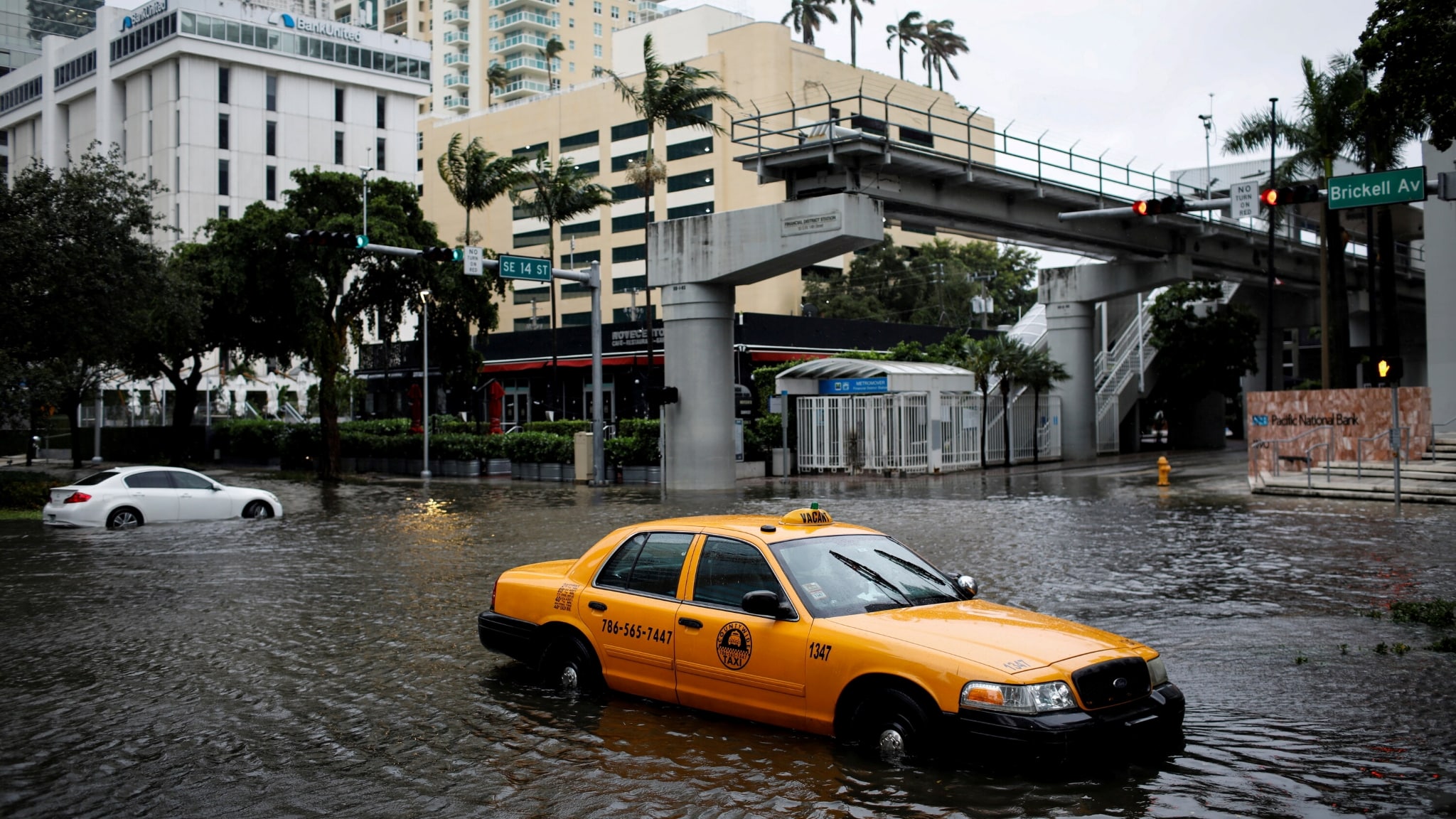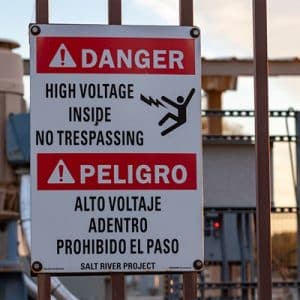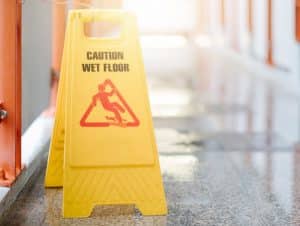To many people, Florida is synonymous with hurricanes and while we do get our fair share of them, we set a record this year by going a decade without one. But that doesn’t mean we don’t get severe weather. In fact, we have been virtually plagued in recent times with strong storm systems that bring heavy rain and flash floods. The lunar cycle has also brought high astronomical tides to Florida, requiring crews to pump water out of neighborhoods and into the bay. As a result, water-damaged vehicles are winding up in repair shops and junkyards across the state.
Whether your vehicle was soaked or stalled, it’s important to know whether it is a total loss, However, only certain types of insurance cover flood damage to vehicles. Basic liability is insufficient because it covers only the damages of the other people involved. Upgrading to comprehensive coverage addresses repairs caused by broader scenarios such as floods, fires, hail storms, deer accidents, and theft, while collision coverage is necessary to cover any damage from an accident. In order to be reimbursed for flood damage, drivers must have comprehensive coverage included in their insurance portfolio. With Florida prices hovering around $100 annually, it is wise to have this protection along with basic collision that covers accidents.
If your car has suffered water damage, file your claim as soon as possible to get the process started. An adjuster may declare your car a total loss for various reasons, based mainly on how deep and for how long the car was submerged. If water has accessed one of the cylinders through the air intake or the exhaust system, the cylinder can lock up, and everything connected to it can bend or snap. Even if the water is safely pushed out of the cylinder or dries first, the rust left behind can still wreak havoc on the engine. The transmission is also a goner if water has gotten in through the transmission fluid dipstick hole. Of course, water doesn’t mix with computers, which are found throughout today’s automobiles in the dashboard, electronic seat controls, electric windows, ignition switches and airbags. Short-circuiting a car’s electronic brain is a surefire disaster. Mold can also be a huge problem that’s nearly impossible to adequately fix. So, essentially, any time water gets higher than a car’s floor, it most likely results in a complete loss.
Indications of water exposure include droplets of moisture on the inside of the instrument cluster, warped or misshapen door panels, mud or sticks in the engine or trunk, or mineral deposits or discoloration on the seats, seat belts, or door panels. Once a car is totaled from flood damage, it should be kept off the road. It is against state law to sell such a car unless the Department of Motor Vehicles has stamped on its title that it has been evaluated to be a flood vehicle. However, there are those who exploit the loophole that allows these cars to be repaired and re-titled in states that allow re-building.
Yet, dishonest dealers abound, especially in the weeks after a natural disaster and they can make it nearly impossible for an average person to tell when a vehicle for sale has suffered water damage. For example, they may replace the seats and the carpet or lower the price for a quick sale knowing that the exposure to salt water will likely not show immediate signs, but can lead to long-term deterioration.
In some cases, the National Insurance Crime Bureau (NICB) gets involved, working with law enforcement agencies, insurance companies, and car rental companies to identify and catalog water-damaged vehicles and keep them from being resold to unsuspecting customers. The NICB offers a free VINCheck feature on its website that consumers can use to determine whether a prospective car is listed in the Total Loss Records.
Commercial services also are available to trace vehicle histories.
As one of Florida’s most respected and oldest law firms, Stabinski Lawhas helped many people sort out their legal rights, responsibilities, and remedies. We are highly experienced in handling flood loss claims and, in many cases, we can do so without cost to you. Fees and expenses are frequently paid by the insurance company, so nothing comes out of your recovery. We also work on a contingency basis, which means that if there is no recovery, there is no fee or cost to you. If you wish to learn more about how our firm can be of assistance to you, we encourage you to contact us for a free consultation by calling 305-643-3100 or filling out a case evaluation form.
Claim Tips for Flood-Damaged Vehicles
- Florida’s stormy weather means that it’s best to always carry comprehensive coverage on your car.
- Submit the claim as soon after the flooding as possible.
- Have your car professionally dried out. The sooner it’s dry, the better the chance that it won’t be a total loss.
- Use your carrier’s preferred body shop since doing so usually guarantees the repairs, and the potential for future damage from the water is high.
- If your car needs to be replaced after a flood, you’ll usually be reimbursed for your vehicle’s actual cash value (ACV) upon payment of your comprehensive deductible.












